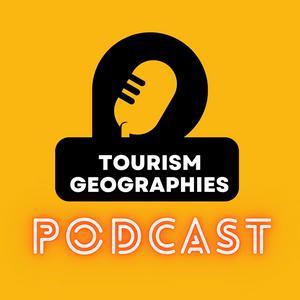Entangled engagements: a posthumanist and affirmative ethics for tourism geographies
https://www.tandfonline.com/doi/full/10.1080/14616688.2024.2330574AbstractThis review summarizes some key moments in the development of ethics in tourism research and practice where three main areas of concern are identified: socio-economic inequalities, cultural discriminations, and more-than-human speciesism. Following a brief historical review, the paper delves into some current trends and ethical concerns in tourism geographies, which trace back to the utilitarian ethics within which contemporary tourism emerged, after which, and with the growing concerns about tourism’s negative impacts, normative and moral approaches to ethics held sway. Then the paper addresses a critical gap in tourism ethics’ research and practice. With few exceptions, tourism environments are seen as something apart, things to be managed, developed or even protected, where the focus is instrumental on how these environments can be maintained or manipulated for human benefit. This modernization paradigm and its promise of progress through growth, together with a tourism industry that (re)produces colonial structures through neocolonial practices reinforced by neoliberal globalization has contributed to a host of present-day challenges and injustices. We argue that to address the injustices above and current existential crises like climate change, and other threats to socio-ecological well-being, a paradigm shift in tourism thinking is needed. Specifically, we propose embracing posthumanist ethics as a novel, experimental (as against normative or moral), situated (as against universal), and affirmative (as against oppositional) critique of structural injustices and structural power; epistemological pluralism (as against essentialism), acknowledging the relationality proper of indigenous cosmologies and other traditional knowledges (where more involvement from the Global South is needed); and a new materialist ontology that overcomes human exceptionalism and abandons oppositional binary thinking. In other words, what is needed, is an affirmative posthumanist ethics for tourism that is relational, plural and differential. Hosted on Acast. See acast.com/privacy for more information.
